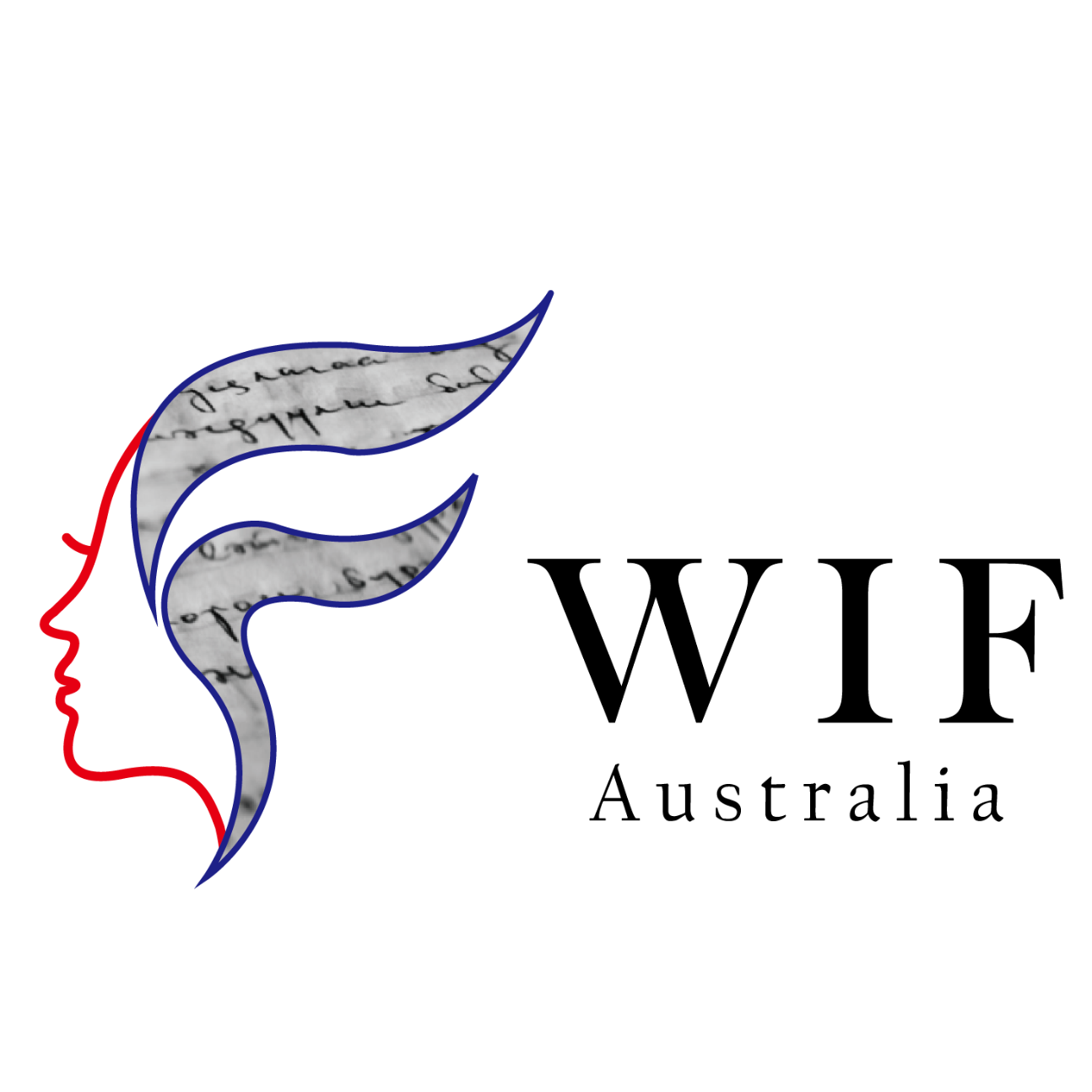
Women in French Australia
CFPs 2022 Seminar Series
Bodies, Borders, and Boundaries
September 2022 ― February 2023
Co-organisers: Dr Dominique Carlini Versini (Durham University) Dr Caroline D. Laurent (The American University of Paris)
With the question of borders constantly in the news, most recently in relation to Ukraine, and the threat that borders pose to some bodies more than others, bodies and borders are an urgent site of investigation. This seminar series would like to explore the various images of bodies, borders, and boundaries in contemporary texts, art works, and films by francophone artists who identify as women. It will interrogate textual and visual representations of gendered bodies at borders, or indeed, becoming borders (Guénif-Souilamas 2010). The goal of this series is to ask and reflect on some of the following questions: In what ways do literary and visual representations challenge the mainstream narrative around borders and bodies? What types of borders and boundaries are present in contemporary fiction by women written in French? How do national borders frame and reshape the body? Is there a particularity in French and francophone women’s writing of the gendered body and/at borders?
The gendered body that this series is particularly interested in often inhabits a frontier, concretely and/or symbolically. As a result, concerns linked to identity stem from an analysis of borders and boundaries. For instance, Léonora Miano perceives the in-betweenness of the double identity of migrant women as powerful and potentially subversive (2012). For others, like Élodie Malanda (2014), living on the border (habiter la frontière) actually underscores a malaise resulting from cultural hybridity. Whether positive or negative, borderscapes (Brambilla 2015) are to be theorized as connective spaces that put one’s body in relation to the Other and thus question notions of interiority and exteriority. Considering the complexity of the position(s) of the gendered body, the liminality associated with borders and boundaries engenders essential and important avenues of consideration and experimentation by artists.
In this sense, the series encourages critical and creative proposals investigating the ways in which the body itself can be considered a boundary traversed, shaped, and (un-)done by its interaction with the world and the Other. Skin has often been conceptualised as the body’s border, “but as a border that feels” (Ahmed & Stacey 2001, loc. 311), forming both a protection of the interiority of the self and a point of contact with the world; always at risk of being trespassed, penetrated, or transgressed by the Other. Florence Bancaud and Susanne Böhmisch have gone further and coined the term “body-border” (corps-frontière) to think about the body itself as a living border. In that regard, it could be perceived as a menace to actual borders and would warrant expulsion and control. The seminar series would like to envisage the ways in which the body can be thought of and represented as/at a border, as well as reflect on literary and visual explorations of bodily boundaries.
Topics may include, but are not limited to:
● Migration and exile; crossing of borders
● Colonial and postcolonial bodies; racialized bodies
● Haptic, visual, and/or affective links between art works/texts/films and bodies
● Bodily harm and violence; trauma and aftermath bodies
● Hybridity; métissage
● Discipline and control; incarceration of bodies
● Eco/feminist engagement with bodies
● Mobility or lack thereof; confinement
● Surface and orifices
● Necropolitics
● Biopolitics
● Heterotopia
● Excess and transgression
● Care and protection; ethics of care
● Diseased bodies
● Deviant bodies
● Abjection; the abject
● Sexuality; sexual identities
● Interiority and exteriority
● Relationality; poetics of relation
*
Please send abstracts (250 words) in English or French and a short bio by June 15 2022 to the co-organisers (dominique.carlini-versini@durham.ac.uk; claurent@aup.edu), with WiF Australia in cc (wifaustralia@gmail.com).
*
References
Ahmed, Sara and Jackie Stacey (eds), “Introduction: Dermographies”, Thinking Through the Skin, London, Routledge [Kindle], 2001.
Barrière, Hélène and Susanne Böhmisch, Corps-frontière. Perspectives littéraires, artistiques et anthropologiques. Cahiers d’études germaniques 78, 2020.
Brambilla, Chiara, “Exploring the Critical Potential of the Borderscapes Concept”, Geopolitics 20(1), 2015.
Guénif-Souilamas, Nacira, “Le Corps-frontière, traces et trajets postcoloniaux”, in Achille Mbembe et al. (eds.), Ruptures postcoloniales. Les nouveaux visages de la société française, Paris, La Découverte, 2010.
Malanda, Élodie, “Habiter la frontière” ou errer dans un no-man’s land? Les crises d’identités afropéennes dans les romans pour adolescents en France”, Africultures 99-100, 2014.
Miano, Léonora, Habiter la frontière, Paris, L’Arche, 2012.